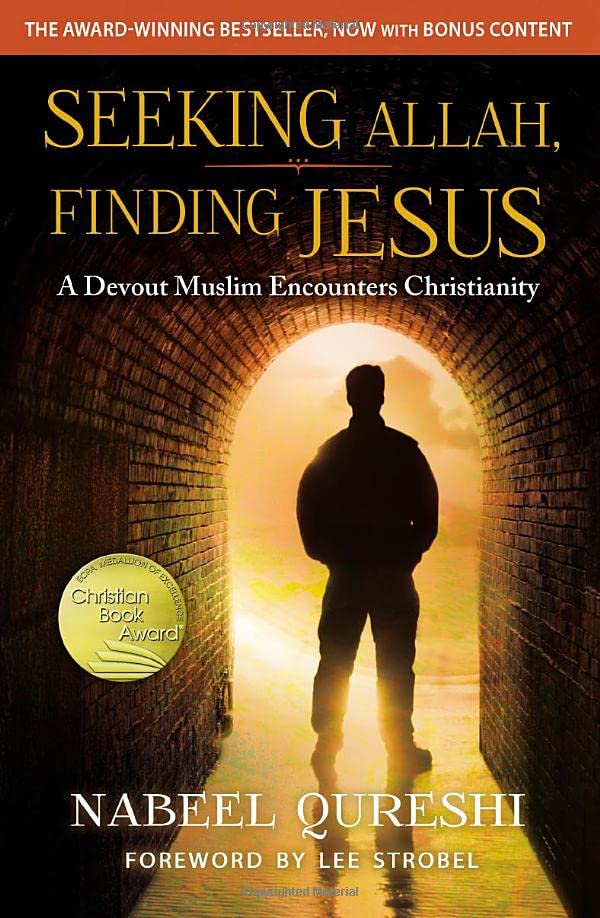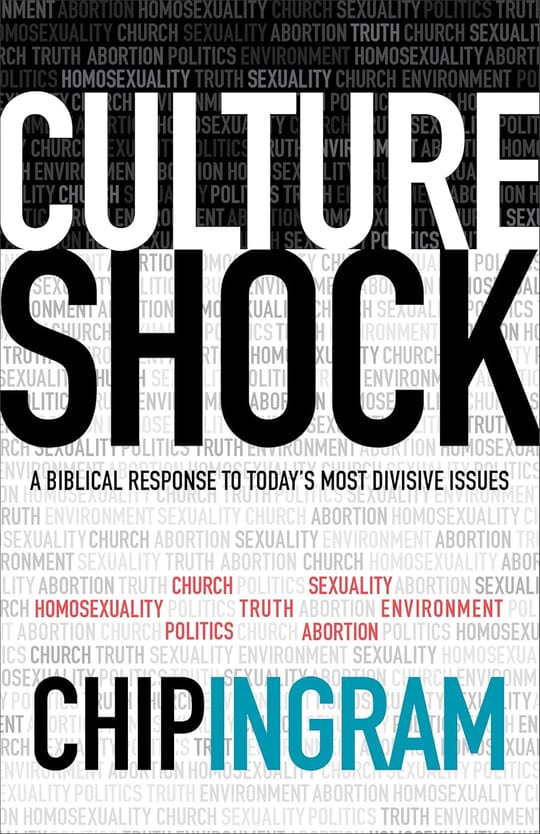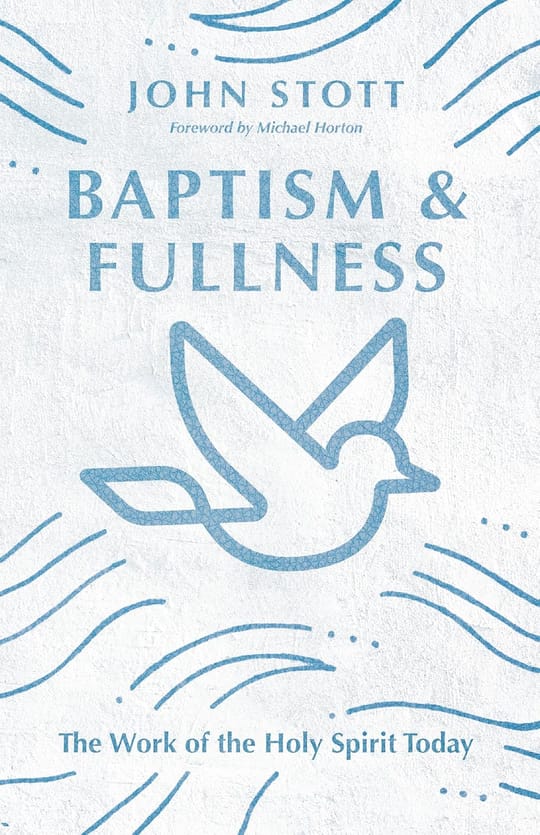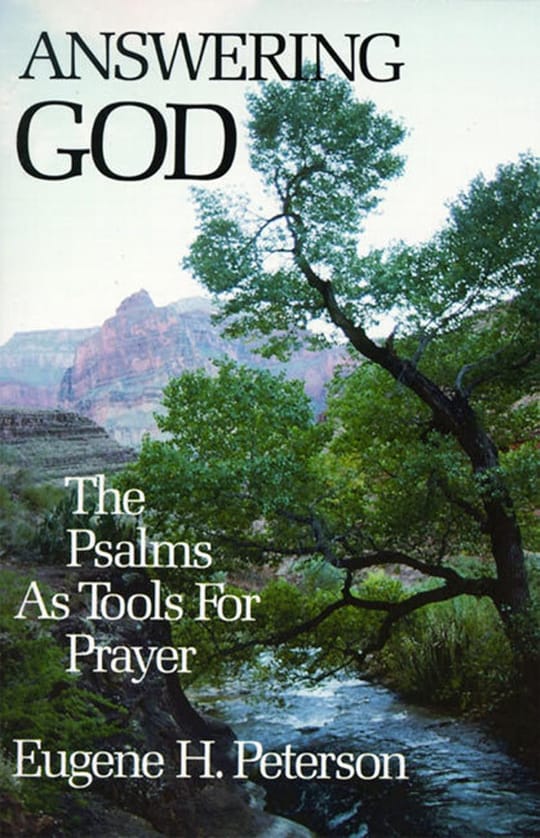Rating: 10/10
Where to Read: Kindle, Paperback, Audiobook on YouTube
My Thoughts
Nabeel Qureshi’s journey from a content, happy Muslim to powerful Christian apologist is unique. In this book, he talks about how a long conversation with eventual best friend David Wood concerning the validity of Christianity and Islam finally led to the decision of a lifetime. The more Nabeel studied his own beliefs, the more he couldn’t help but notice Islam’s glaring inconsistencies and the beautiful regularity of Christianity. He eventually became the most reluctant Christian imaginable. In this book you’ll laugh at his story and cry at what his conversion to Christianity cost him. Nabeel is a testament to the grace of God, the patience of friends, and the reliability of always following the truth no matter where it may lead.
One Sentence Summary
Christianity is able to survive the most rigorous scrutiny and Islam withers.
Author Interview
Goodreads Bio
An Unexpected Journey from Islam to Christianity In Seeking Allah, Finding Jesus, Nabeel Qureshi describes his dramatic journey from Islam to Christianity, complete with friendships, investigations, and supernatural dreams along the way. Providing an intimate window into a loving Muslim home, Qureshi shares how he developed a passion for Islam before discovering, almost against his will, evidence that Jesus rose from the dead and claimed to be God. Unable to deny the arguments but not wanting to deny his family, Qureshi's inner turmoil will challenge Christians and Muslims alike. Engaging and thought-provoking, Seeking Allah, Finding Jesus tells a powerful story of the clash between Islam and Christianity in one man's heart---and of the peace he eventually found in Jesus.
Quotes
“If truth doesn’t exist, then it would be true that truth doesn’t exist, and once again we arrive at truth. There is no alternative; truth must exist.”
“I could not put the Bible down. I literally could not. It felt as if my heart would stop beating, perhaps implode, if I put it down.”
“Would it be worth it to pick up my cross and be crucified next to Jesus? If He is not God, then, no. Lose everything I love to worship a false God? A million times over, no!But if He is God, then yes. Being forever bonded to my Lord by suffering alongside Him? A million times over, yes!”
Now I knew what it meant to follow God. It meant walking boldly by His Spirit of grace and love, in the firm confidence of everlasting life given through the Son, with the eternal purpose of proclaiming and glorifying the Father. Now I had found Jesus.”
“This is only one of the reasons why a strong friendship is critical. A surface-level relationship might snap under the tension of disagreement, but by living our lives together, we were forced to reconcile.”
“The words do matter, but they matter because they constitute a message. The message is paramount. That’s why the Bible can be translated. If the inspiration were tied to words themselves as opposed to their message, then we could never translate the Bible, and if we could never translate it, how could it be a book for all people?”
“Truth silences falsehood.”
“Only the exceptional blend of love, humility, hospitality, and persistence can overcome these barriers, and not enough people make the effort.”
“It should not be assumed that the Quran is the Islamic analogue of the Bible. It isn’t. For Muslims, the Quran is the closest thing to an incarnation of Allah, and it is the very proof they provide to demonstrate the truth of Islam. The best parallel in Christianity is Jesus himself, the Word made flesh, and his resurrection. That is how central the Quran is to Islamic theology.”
“After loving us with the most humble life and the most horrific death, Jesus told us, “As I have loved you, go and love one another.” How could I consider myself a follower of Jesus if I was not willing to live as He lived? To die as He died? To love the unloved and give hope to the hopeless?” “The irony of Ramadhan is that, after binging on buffets every morning and every evening, people usually gain weight during the month of fasting.”
“We are the son, and God is the father. We have incurred a debt against God, and we can’t pay Him back. So in His mercy, He pays our sins for us. The wages of our sin is death, and He died on our behalf, balancing the accounts.”
“But what if His majesty is not as important to Him as His children are?”
“Political correctness is for acquaintances, not friends.”
“Even science is inductive, relying on observations and best explanations, not always deductive conclusions.”
“All of the principal authors of the New Testament writings — Matthew, Mark, Luke, John, Paul, Peter, and the unnamed author of Hebrews — attest to the divine claims, nature, and prerogatives of Jesus. These men wrote from thirty to sixty years after Jesus’ death; all of them except Luke were Jewish men who spent part of their lives in Judea and Galilee. They all either knew Jesus personally or knew people who had known Jesus personally.”
“Now, if it were the case that Christianity were true, would you want to know it?”
“If I really wanted to know God, I had to cast myself upon His mercy and love, relying completely upon Him and His willingness to reveal Himself to me."










